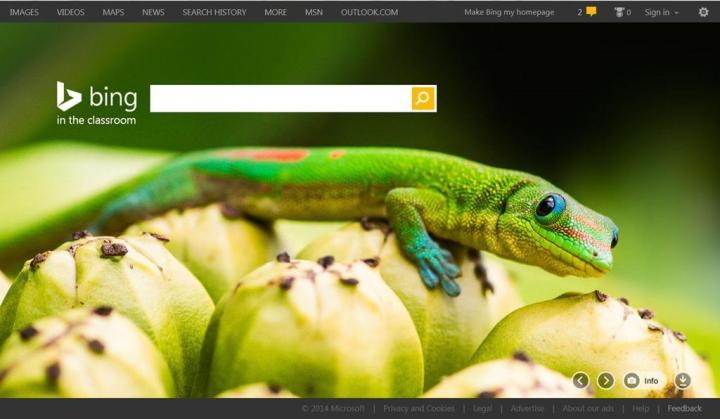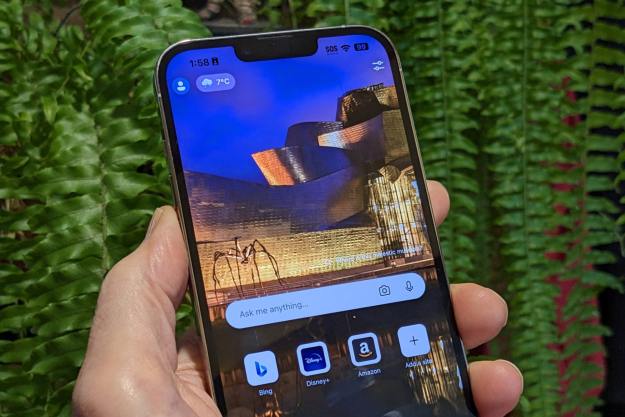
Microsoft is attempting to cater to school districts all over the country by launching Bing in the Classroom, a version of the search engine that Redmond claims is free of advertisements, and blocks adult content, according to an official blog post. Along with putting the kaibosh on ads and questionable content, Microsoft claims that Bing in the Classroom disables targeted ads as well, when searches are performed while devices are connected to the school’s network.
“At Bing we think advertising done well is an additive and essential part of the search experience,” says Bing exec Derrick Connell. “But sometimes the best innovation is knowing when to take something away.”
Bing in the Classroom is available for “eligible” public and private U.S. school districts, ranging from Kindergarten to the 12th grade. Bing in the Classroom first was test ran in five of the nation’s biggest school districts. Microsoft claims that Bing in the Classroom has already served 4.5 million students nationwide, and has been used for over 35 million search queries.
The service was previously dubbed Bing for Schools, but Microsoft scrapped the name in favor of Bing in the Classroom because the company feels that this better “aligns with other Microsoft education programs.” Some of those include Windows in the Classroom, and Skype in the Classroom.
Microsoft has also launched a rewards program where, by using Bing, students can earn credits for their school. Once the 30,000 credit plateau is reached, a Microsoft Surface tablet is sent to the school that the user chooses to support. You can learn more about the rewards program here.
From sign-up to completion, Microsoft says that setting up Bing in the Classroom only takes a few days.
Editors' Recommendations
- Bing Chat’s ads are sending users to dangerous malware sites
- Microsoft may have ignored warnings about Bing Chat’s unhinged responses
- Edge Copilot finally delivers on Microsoft’s Bing Chat promises
- This new Microsoft Bing Chat feature lets you change its behavior
- Microsoft is already expanding Bing Chat to Skype and phones


